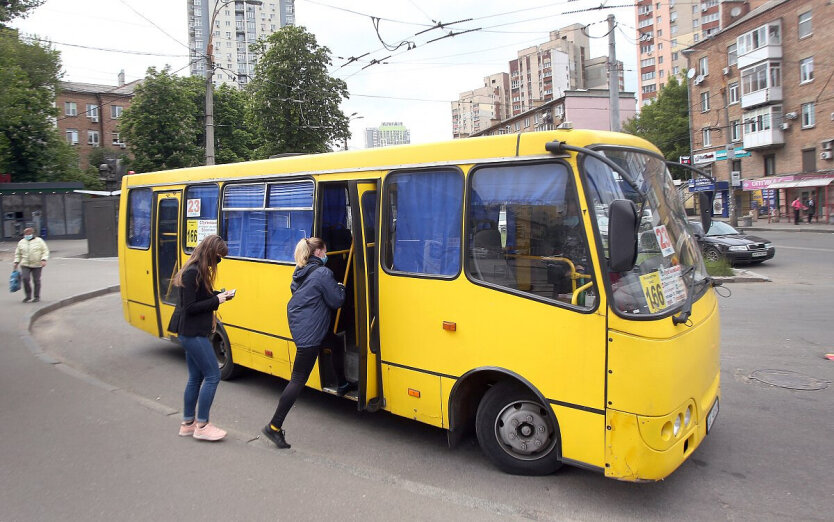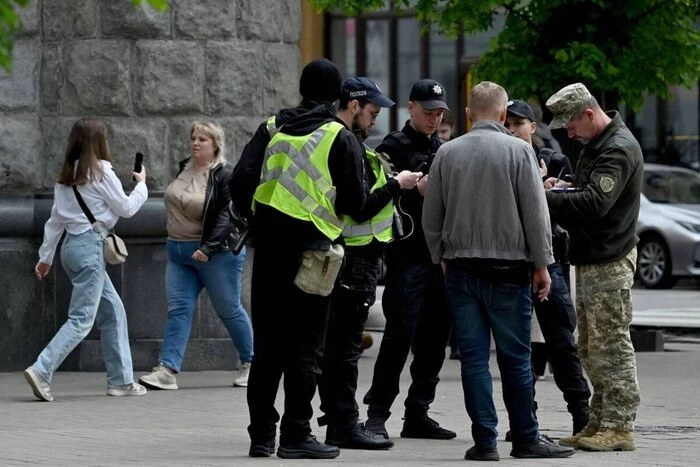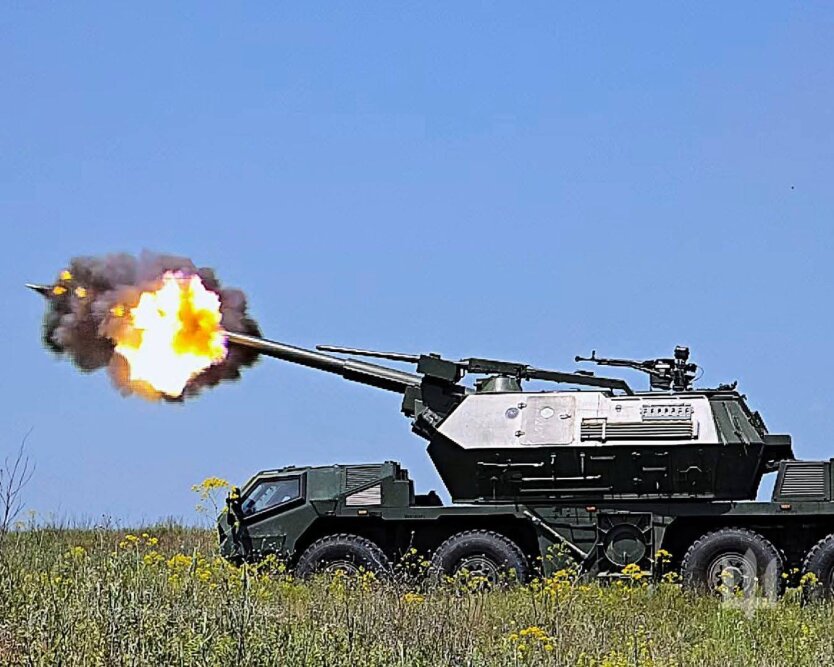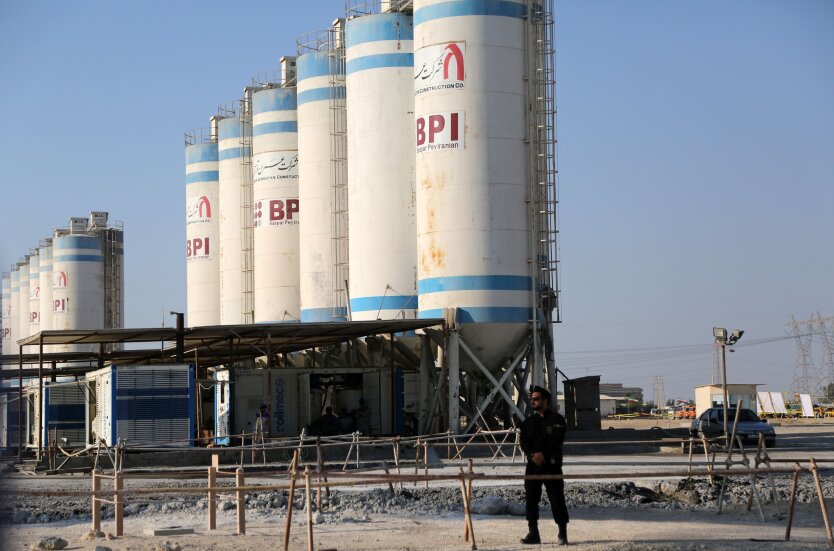Transport Revolution in Ukraine: Expert Names Surprising Alternative to Minibuses.


Ukraine needs modernization of urban transport, and electric buses are the best option for many cities. This opinion was expressed by auto expert Yevhen Yermolov while analyzing the prospects for the development of public transport in Ukraine.
'In Europe, trolleybuses are a rare phenomenon. They have always been popular here, but now they are being replaced by electric buses,' notes the expert, highlighting global trends in the development of urban transport.
The experience of other countries shows the effectiveness of such an approach. 'In China, a large-scale program to switch to electric buses began in 2013. In Shenzhen, for example, they have already successfully switched to electric traction,' Yermolov reports.
There is interesting experience in Europe as well: 'In Romania, you can see many electric buses with the wording '100% electric'. This is impressive, especially considering that Romania is a small country. They managed to make such a transition,' emphasizes the expert.
Yermolov emphasizes that the current urban transport system in Ukraine needs serious reform: 'Municipal urban transport in Europe buys expensive buses on a long-term lease and they look modern and last long. There are no terrible minibuses where passengers suffer in case of accidents.'
The problem with the modern system lies in corruption schemes: 'Right now, it’s a big corruption scheme where carriers buy low-quality transport, conclude contracts with local authorities, and receive permits for transportation through payments. Passengers suffer from this.'
Private carriers are also against environmental types of transport: 'They even lobbied for the closure of tram routes in Kyiv, even though trams are receiving a new life in Europe,' adds the expert.
Yermolov notes positive experience in the production of electric transport in Ukraine: 'We have a company 'Electron', which previously produced televisions, and now it manufactures buses, trams, and trolleybuses in Lviv. Many such vehicles are already running in Lviv and they look modern. As for the buses, they use Škoda technologies and the engines are Mercedes.'
The Ukrainian manufacturer already has successes in the international market: 'The company 'Electron' exports well because its production has a European look. They even exported buses to Egypt,' the expert reports.
However, there are certain obstacles to implementing modern transport. 'When there was a tender in Lviv for the purchase of 200 buses, it was decided not to purchase Lviv electric buses but to buy AZLK-2142 from Belarus. The reason was the price - MAZs were cheaper. The authorities did not have enough funds to support the national manufacturer,' Yermolov explains.
However, Yermolov emphasizes the need for a systematic approach to modernizing transport: 'This is a complex decision that involves creating infrastructure, training personnel, and organizing service maintenance.'
The expert is confident that the transition to electric buses is not only an environmental issue but also an economic one: 'With proper organization of the public transport system, including leasing schemes and long-term maintenance contracts, electric buses can be more cost-effective in operation than traditional transport.'
Successful transition to electric buses could be part of a general strategy for developing the Ukrainian machine-building industry. We have the potential not only for usage but also for producing modern transport, creating new jobs and contributing to the development of high-tech production.
Read also
- Orks-once attack Siversk: military on the change of the enemy's assault tactics
- Do the Territorial Recruitment Centers Violate the Law? The Ground Forces Showed Statistics
- Ukrainian commander revealed details of the new strategy of the occupiers near Pokrovsk
- The IAEA made a disturbing forecast regarding uranium enrichment in Iran
- Russians are preparing for new provocations in sensitive areas - intelligence
- Russians are storming a key settlement in Zaporizhzhia - Defense Forces










